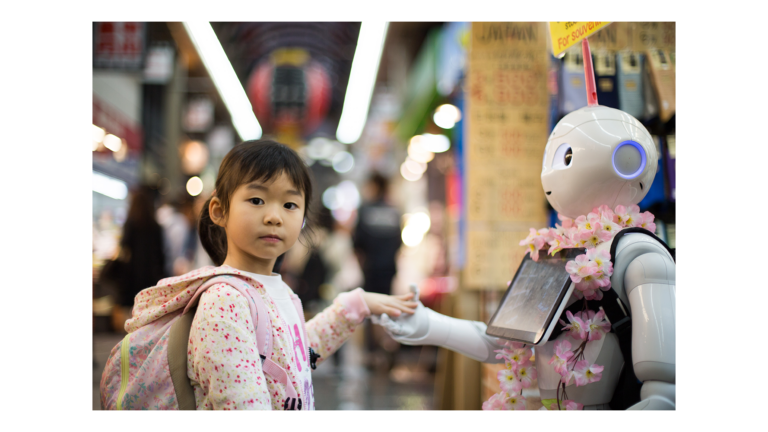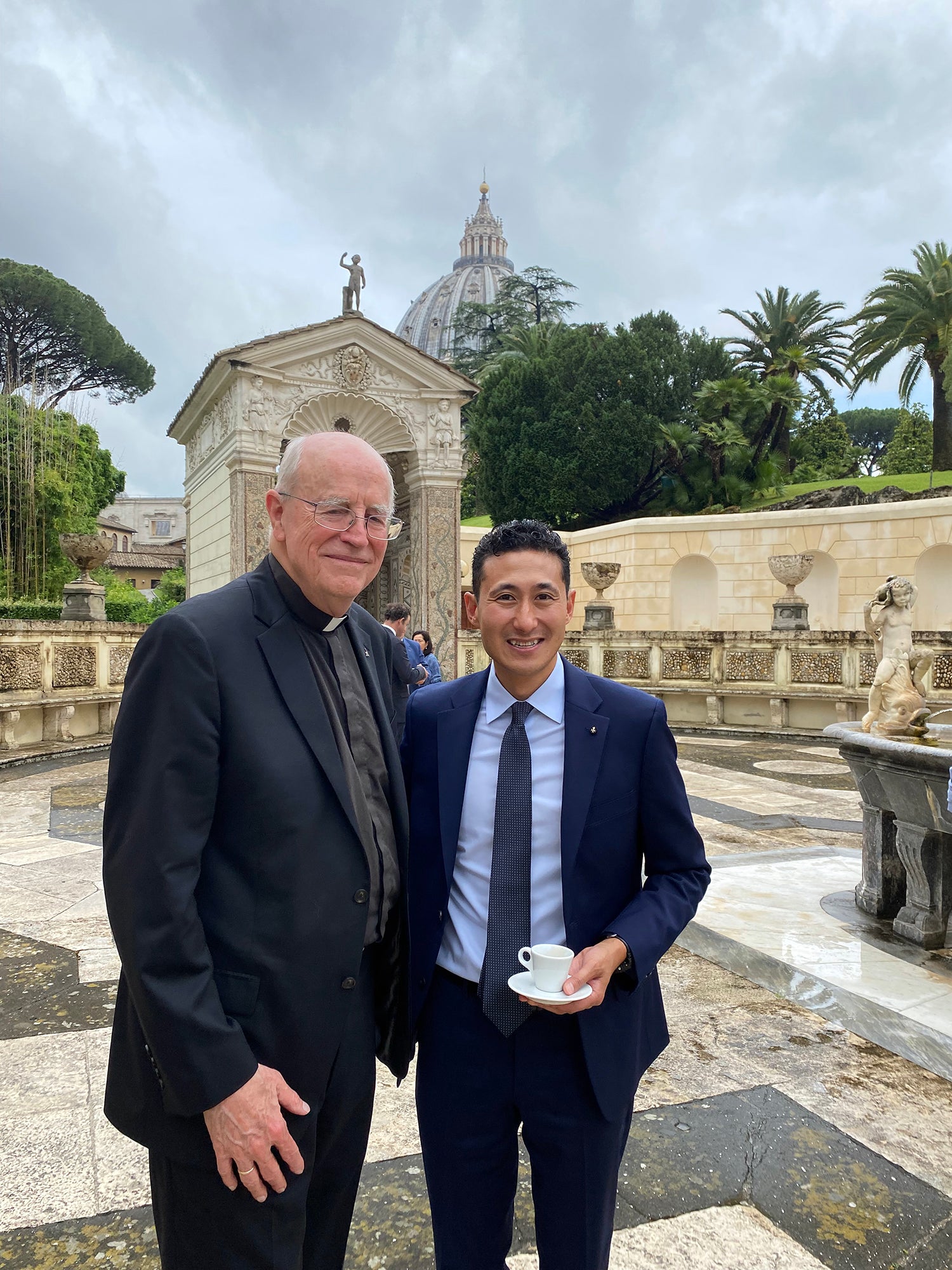
Humanizing Networks: Human Fraternity in the Digital Age
New and emerging technology took center stage recently at the Vatican, where faith leaders, technology experts and public officials from across the globe gathered to explore the Catholic Church’s role in guiding ethics surrounding artificial intelligence, spatial computing and social media.
“Humanizing Networks: Human Fraternity in the Digital Age” was held in June at Casina Pio IV, the Vatican City villa home to the Pontifical Academy of Sciences.
Held in collaboration with the Institute for Advanced Catholic Studies at USC and The Laudato sì Challenge Foundation under the patronage of Cardinal Peter Turkson, chancellor of the Pontifical Academy of Sciences, the one-day symposium featured in-depth discussions on the ethical concerns surrounding the rapid development of digital technology.
“Humanizing Networks” is part of a long-term IACS research project exploring the role of the Catholic Church in guiding social ethics around the development and use of digital technologies that are transforming our society, including artificial intelligence.

“The symposium explores the idea of connectivity and its impact on our society,” said IACS Trustee Kyle Ballarta, who played a key role in organizing the symposium and spearheading the research project. “Artificial intelligence and other digital technologies have always served as a double-edged sword. The symposium is an opportunity to explore how we can direct new technology on a pathway towards peace and uplifting human dignity.”
While new and digital technologies offer opportunities to address global challenges and provide positive impact, experts believe they also pose threats to our society that could sharpen inequalities and leave behind the marginalized. Digital technology — specifically, the widespread use of social media — is attributed to increases in human trafficking, the spread of misinformation and privacy violations, and dramatic rises in depression, self-harm and suicide rates among young adults and children. The growing research detailing the harms of digital technology come as calls grow for government regulation of artificial intelligence.
Led by Ballarta, the IACS delegation to the Vatican symposium included trustee Dan Finn and President Emeritus Fr. James L. Heft, S.M. Other participants included researchers and thought leaders from across the worlds of academia, business and government. Among them were Ron Ivey, managing director of the Humanity 2.0 Institute and a visiting researcher at Harvard University; Rose Gottemoeller, the former deputy secretary general of NATO; Rod Beckstrom, former director of the National Cybersecurity Center and the former CEO and president of ICANN; and Steve Westly, the entrepreneur and former eBay executive who served as California’s state controller from 2003 to 2007.
Learn more about “Humanizing Networks: Human Fraternity in the Digital Age” at: https://dornsife.usc.edu/iacs/humanizingnetworks/